Much of our ignorance is of ourselves. Our eyes are full of dust. Prejudice blinds us
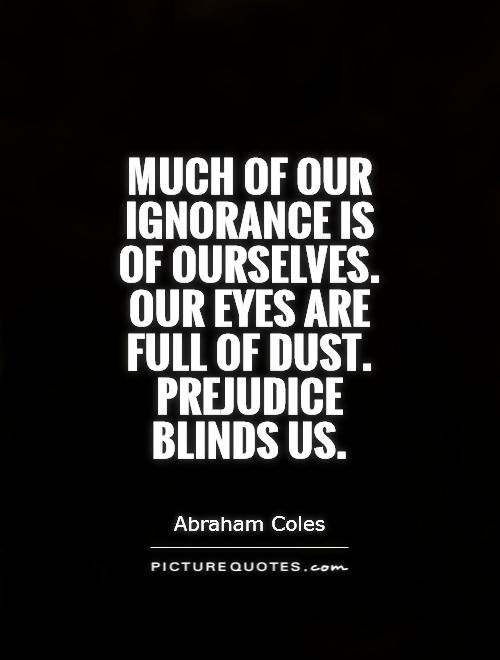
Much of our ignorance is of ourselves. Our eyes are full of dust. Prejudice blinds us
Abraham Coles, a prominent American poet and physician, once said, "Much of our ignorance is of ourselves. Our eyes are full of dust. Prejudice blinds us." These words hold a profound truth that resonates with the human experience. Coles understood that our ignorance often stems from our own biases and preconceived notions, which cloud our judgment and prevent us from seeing the world clearly.In today's society, prejudice and bias are pervasive, shaping our perceptions and influencing our interactions with others. We are quick to judge based on superficial characteristics such as race, gender, or social status, without taking the time to truly understand the individual behind the label. This ignorance of others leads to misunderstandings, conflicts, and missed opportunities for connection and growth.
Moreover, Coles' words also speak to the idea that we are often blind to our own faults and shortcomings. We are quick to point out the flaws in others, but struggle to see our own imperfections. This lack of self-awareness hinders our personal growth and prevents us from becoming the best version of ourselves.
Coles' message serves as a reminder to constantly examine our beliefs and attitudes, to challenge our prejudices, and to strive for a deeper understanding of ourselves and others. By acknowledging our ignorance and working to overcome it, we can break free from the constraints of bias and prejudice, and open ourselves up to new perspectives and experiences.
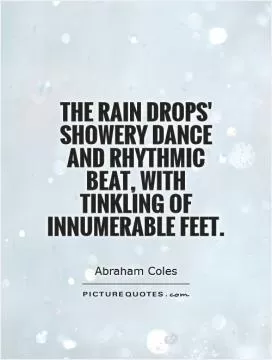
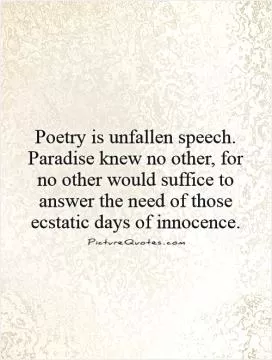
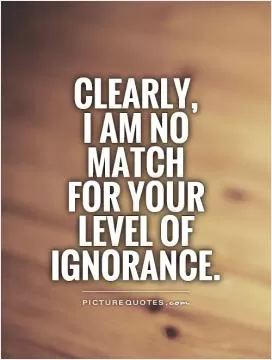
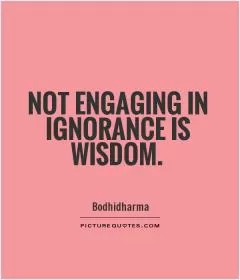
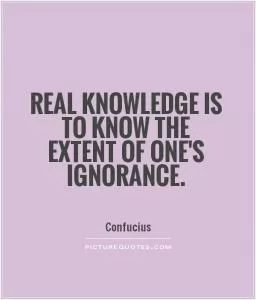
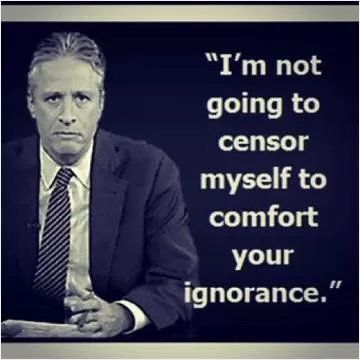
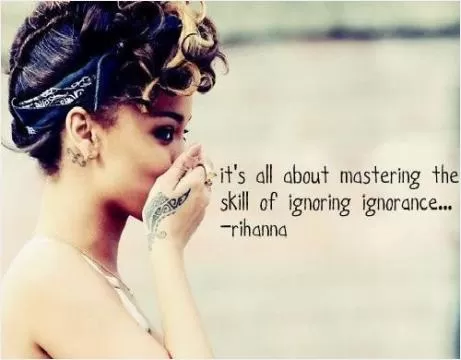
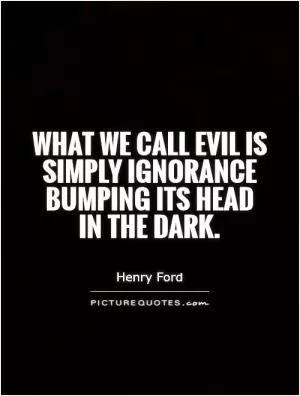
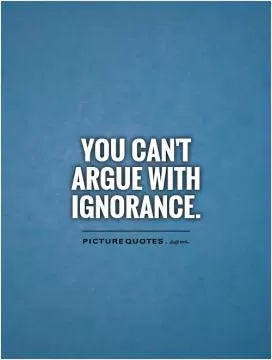
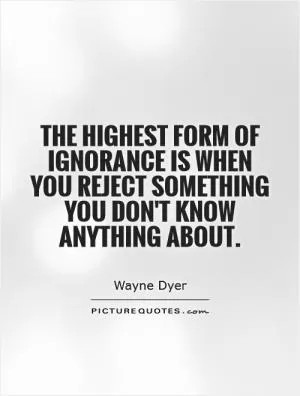

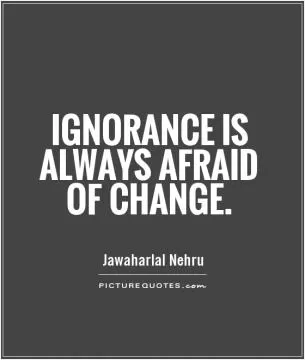
 Friendship Quotes
Friendship Quotes Love Quotes
Love Quotes Life Quotes
Life Quotes Funny Quotes
Funny Quotes Motivational Quotes
Motivational Quotes Inspirational Quotes
Inspirational Quotes